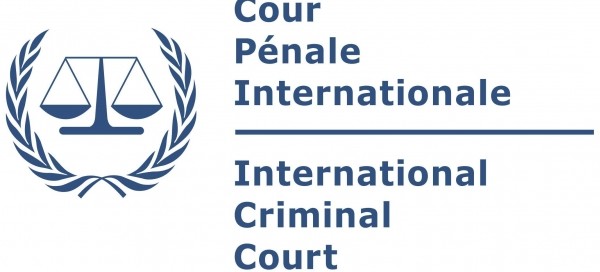Written by Catherine Komuhangi. Catherine is a human rights lawyer and works as a legal program officer at ACJPS.
Burundi and South Africa recently revealed that they would be withdrawing their membership from the International Criminal Court (ICC). Gambia announced at the end of October 2016 that it too, would soon withdraw from the Court. For many years, African countries have threatened to withdraw from the ICC citing various reasons. One of the main reasons, the main focus of this blog post, was cited by the Gambian Information Minister, Hon. Sheriff Bojang, who accused the ICC of being, “an International Caucasian Court for the persecution and humiliation of people of color, especially Africans”. African countries have therefore argued that the ICC targets only them but I tend to disagree.
First off, it is true that all cases before the ICC are against African nationals. Nevertheless, for countries that have accepted the jurisdiction of the ICC, the court operates under the complementarity principle enshrined in article 17 (1) of the Rome Statute which provides that the Court will only carry out investigations and prosecute individuals if a state party is unable or unwilling to do so. The complementarity principle therefore tries to maintain state sovereignty by giving a state party the opportunity to hold perpetrators accountable and only intervening when the state has failed to do so.
Secondly, once the ICC has gauged that a country is unwilling or unable to prosecute an individual, it will only prosecute individuals after it has collected sufficient evidence to bring charges against them. This does not mean that they are automatically guilty. The ICC is an international body and so has to strictly adhere to the fair trial principles set out in various human rights instruments. One of the fair trial principles provides that, all individuals are innocent until proven guilty. Therefore, anyone charged of any offence under the Rome Statute is given the opportunity to prove their innocence. Additionally, criminal justice systems around the world and more so on the African continent are riddled with corruption and political influence from domestic governments. The ICC is a good alternative as it has less chance of being subjected to the influence of domestic governments. The ICC has also proven that it will hold anyone accountable for committing human rights violations regardless of their position, as seen by the arrest warrant against sitting President Omar Al Bashir, and the charges and subsequent trials of President Uhuru Kenyatta and his Vice President William Ruto.
Thirdly, out of the ten investigations being carried out by the ICC, nine of them are concerned with African countries. Out of the nine investigations, five of them were referred to the ICC by the governments of the states under investigation. These include: Uganda, Democratic Republic of Congo, Central African Republic (CAR), Mali and CAR II. The respective governments therefore voluntarily sought assistance from the ICC to hold the perpetrators of crimes committed during the conflicts in the respective states to account.
Fourthly, two investigations were referred to the ICC by the UN Security Council (i.e. Darfur, Sudan and Libya) by virtue of article 13 (b) of the Rome Statute. Both Darfur and Libya experienced conflicts that resulted in grave human rights abuses and violations of international humanitarian law. The UN was set up to ensure that the atrocities committed during the Second World War would never reoccur. Therefore, in an effort to maintain international peace and security, the UN referred Darfur and Libya to the ICC. Additionally, the Prosecutor can launch investigations proprio motu – meaning on his or her own initiative – (such as in Kenya and Cote d’Ivoire) as provided by article 15 (1) of the Rome Statute. In both Kenya and Cote d’Ivoire, the Prosecutor had received reports of grave human rights violations and was granted permission by the Pre-Trial Chambers II and III respectively to launch investigations. All four investigations were justified due to irrefutable evidence and reports of grave human rights violations.
In conclusion, it is a shame that South Africa, Burundi and Gambia have decided to withdraw from the ICC. I also recognize that the ICC is far from perfect but I strongly think that it still provides an alternative justice mechanism for instances where impunity has gone unchecked. Withdrawing from the ICC would be a slap in the face for victims of international crimes. Furthermore, by reaffirming their commitment to the ICC, African states would be sending a strong message that perpetrators of mass violations (whether rebels or government officials) will be held to account either domestically or internationally.
 African Centre for Justice and Peace Studies ACJPS | المركز الافريقي لدراسات العدالة و السلام
African Centre for Justice and Peace Studies ACJPS | المركز الافريقي لدراسات العدالة و السلام




